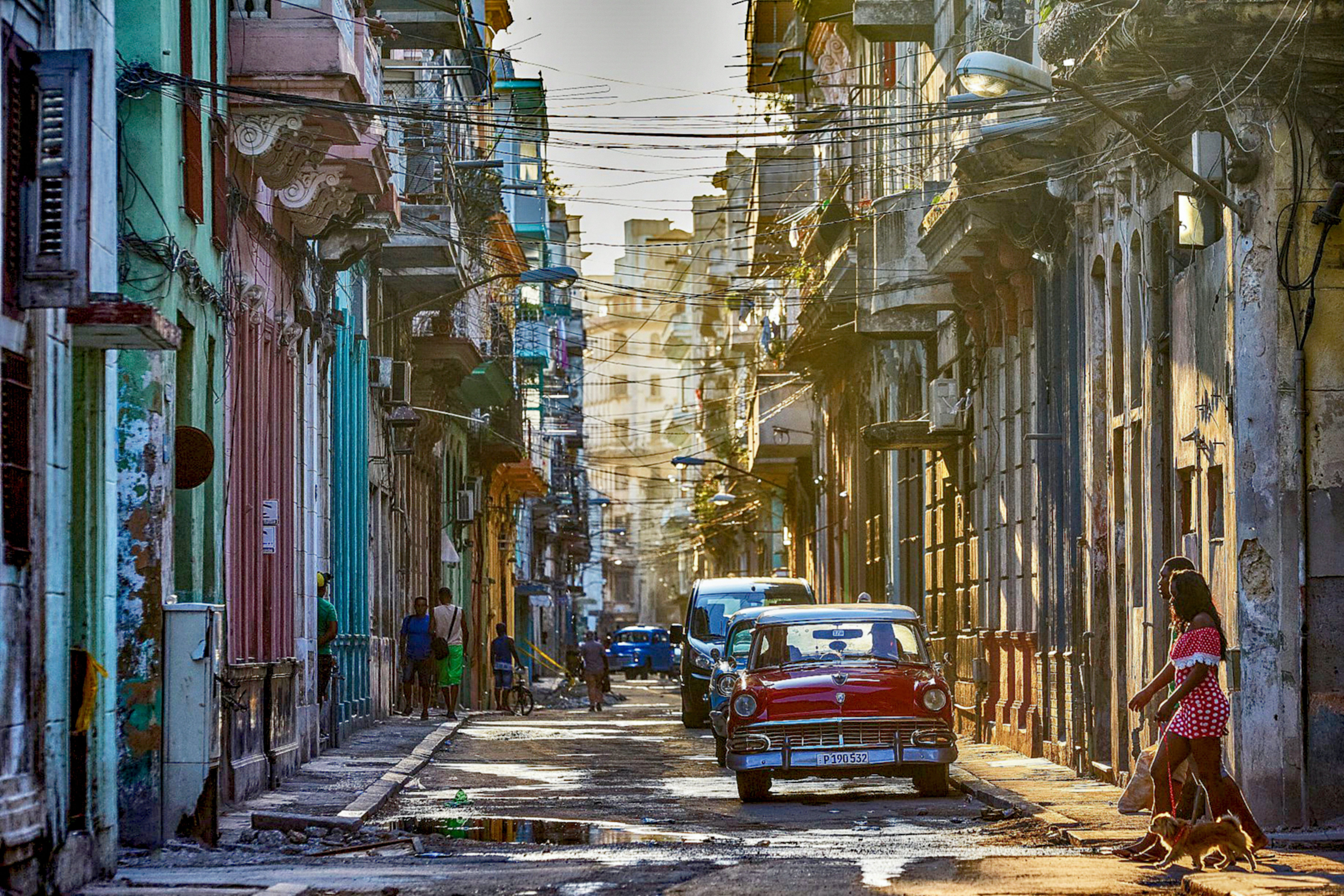
Havana, Cuba (Photo: Unplash)
State media said, on Saturday, that the Cuban capital, Havana, will cut off electricity in August, cancel a festival and take other measures in the face of the country’s worsening energy crisis.
The capital is home to one-fifth of Cuba’s population of 11.2 million and is the center of the island’s economic activity. The city has so far escaped the daily blackout of four hours or more that has been in place across the country for months.
The blackout sparked some local protests over the summer, and a year ago, it led to a day of unprecedented unrest as discontent in the country exacerbated.
Currently, the blackout schedule means that each of Havana’s six municipalities will cut power every three days during peak hours or midday, according to the Communist Party newspaper Tribuna de La Habana, which reported on a meeting of local authorities.
The blackout reflects a deep economic crisis that began with tough new US sanctions on the island in 2019 and exacerbated with the pandemic and later the Russian invasion of Ukraine.
Rising food, fuel, and transportation prices exposed dependence on imports and economic vulnerabilities such as deteriorating infrastructure. The country’s economy declined 10.9% in 2020 and recovered only 1.3% last year.
Cubans suffered more than two years from food and medicine shortages, long lines to buy scarce goods, high prices, and transportation problems. The power outages have added to frustration, which has displaced more than 150,000 Cubans since October to the United States, and more elsewhere.
“This is the time to show solidarity and help the rest of Cuba suffer less from unwanted blackouts,” said Luis Antonio Torres, leader of the Communist Party of Havana, according to Tribuna.
Torres and others at the meeting insisted they were in solidarity with Cubans rather than necessity, and announced other measures such as mass furloughs to shut down state-owned enterprises, work-from-home plans and a 20% cut in the energy allocation to companies. Especially with high consumption. The canceled carnival will take place next month.
Jorge Pinon, director of the Environment and Energy Program in Latin America and the Caribbean at the University of Texas, gave a different assessment than Torres’. He said the entire power grid was on the verge of collapse after recent fires at two of the 20 already outdated power plants, with others constantly failing.
“When you continue to use equipment after scheduled maintenance, it goes into a downward spiral with no short-term solutions,” he told Reuters.
“The announced blackout is not a solidarity, but a necessity to avoid a possible collapse of the entire system,” Benon said.
